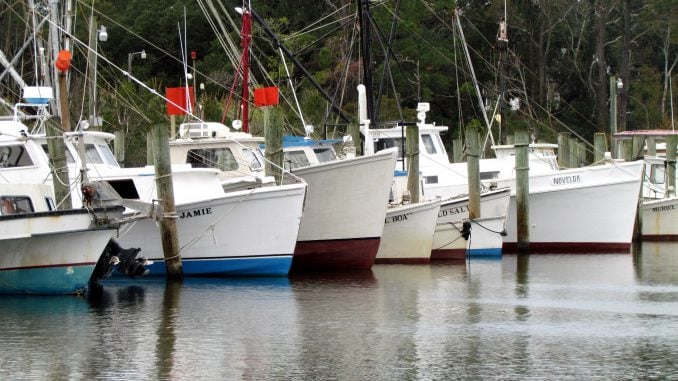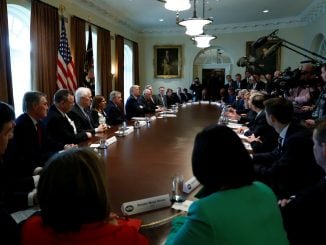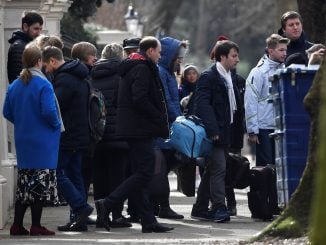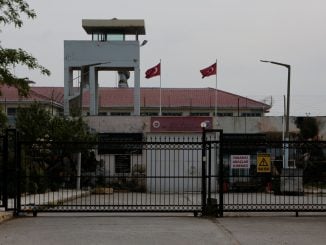
WASHINGTON, D.C. — With the aid of lawmakers, seafood businesses in Maryland, Virginia, Alaska and North Carolina last month won federal approval of an additional 35,000 visas for non-immigrant workers, but the timing couldn’t have been worse.
Within days, the coronavirus pandemic began shutting down businesses, including restaurants and retail outlets the seafood industry supplies.
Some seafood operations let employees go, while others have hired fewer people than they would in a more typical season.
A letter to the Department of Homeland Security sent at the end of February was signed by seven senators, including North Carolina Republican Thom Tillis, calling the visas a “critical matter.”
John Martin, owner of the Martin Fish Co. in Ocean City, Maryland, told Capital News Service that a large percentage of the firm’s business is in the retail sector, including market and restaurant sales. Due to the virus, Martin Fish has been able to open its retail store.
“We are now in the process of figuring out how to open with the safety of our workers and our customers in mind,” Martin said. “Currently, we have had to lay off a significant number of employees that are directly relating to those end-user groups.”
He added that this has been a lesson for his company: within weeks a global issue can affect the world food markets and he needs to be more prepared for that in the future.
Foreign seasonal workers come to work for the seafood industry each year with the help of the H-2B visas. Such workers are high in demand as these companies would not survive without them.
Tillis has been a long-time champion of the H-2B visa issue. In North Carolina, commercial fishing is a $255 million industry, and the dockside sales of crab and shrimp comprise the bulk of the $78 million seafood harvesting and processing brings to the state.
“Local seafood businesses earn their livelihoods based on perishable products and need H-2B workers to harvest and process their respective seafood products so they can sell those products,” the senators wrote in the letter to DHS. “If these local businesses lose a customer base one year, it is extremely difficult, if not impossible, to come back into the industry.”
Jack Brooks, president of J.M. Clayton Seafood Co. in Cambridge, Maryland, explained that the seafood industry is a seasonal business and the coronavirus has hit the hardest during the industry’s prime time.
“We were planning on hiring between 65 to 70 workers for the season, but now that the markets have gone down we hired about 25 people,” Brooks said in an interview with CNS. “We sell our seafood to restaurants and with the restaurants being closed that has really hurt our business. We are taking this pandemic really seriously and are hoping that by next year we will be able to recover from the hard hits we have taken.”
The $2 trillion coronavirus aid package passed by Congress and signed into law by President Donald Trump last month includes $300 million for the nation’s fisheries industry; however, those involved most closely with the seasonal visa issue continue to urge Congress to pass a permanent fix for what they say is a chronic shortage of workers.
NSJ staff contributed to this report.



